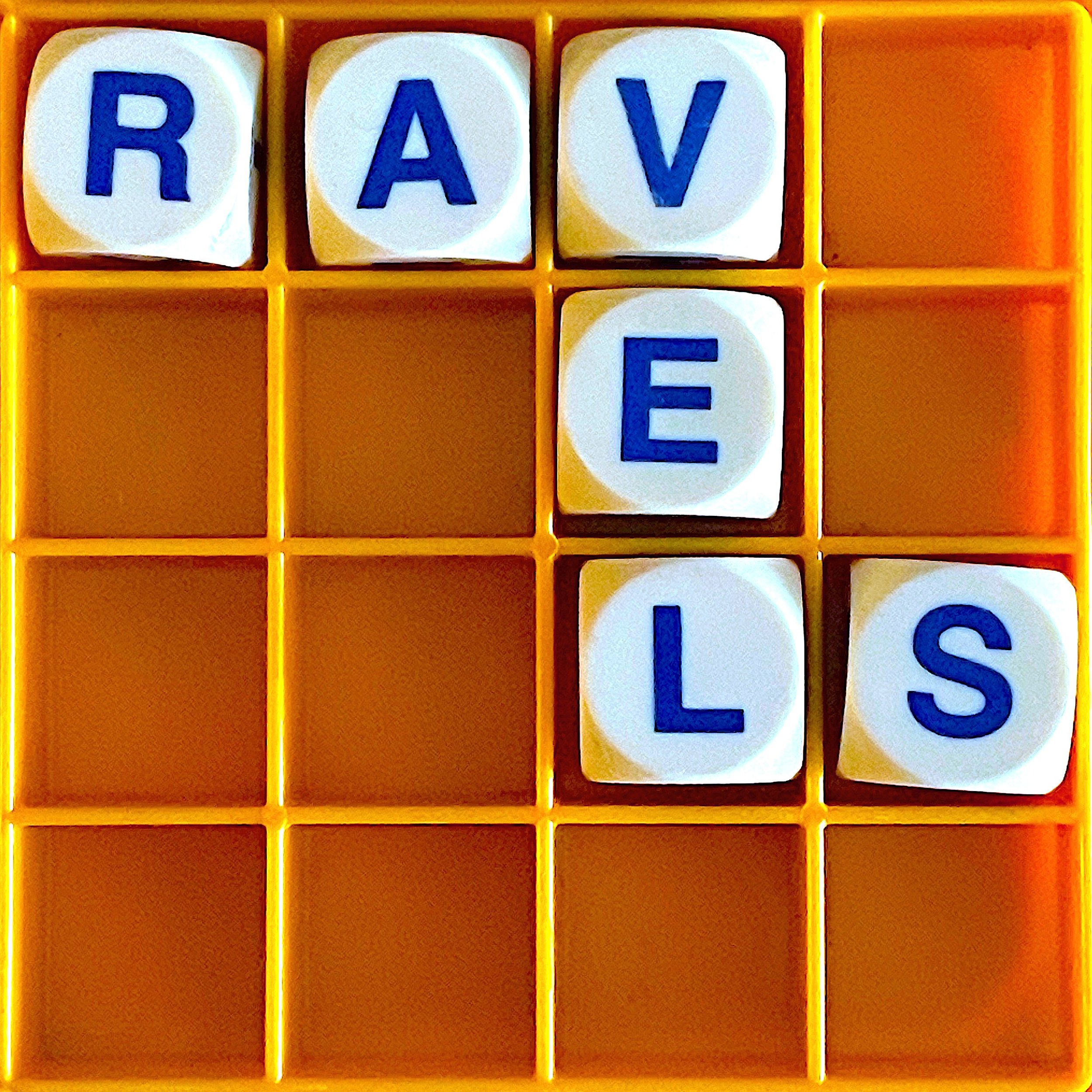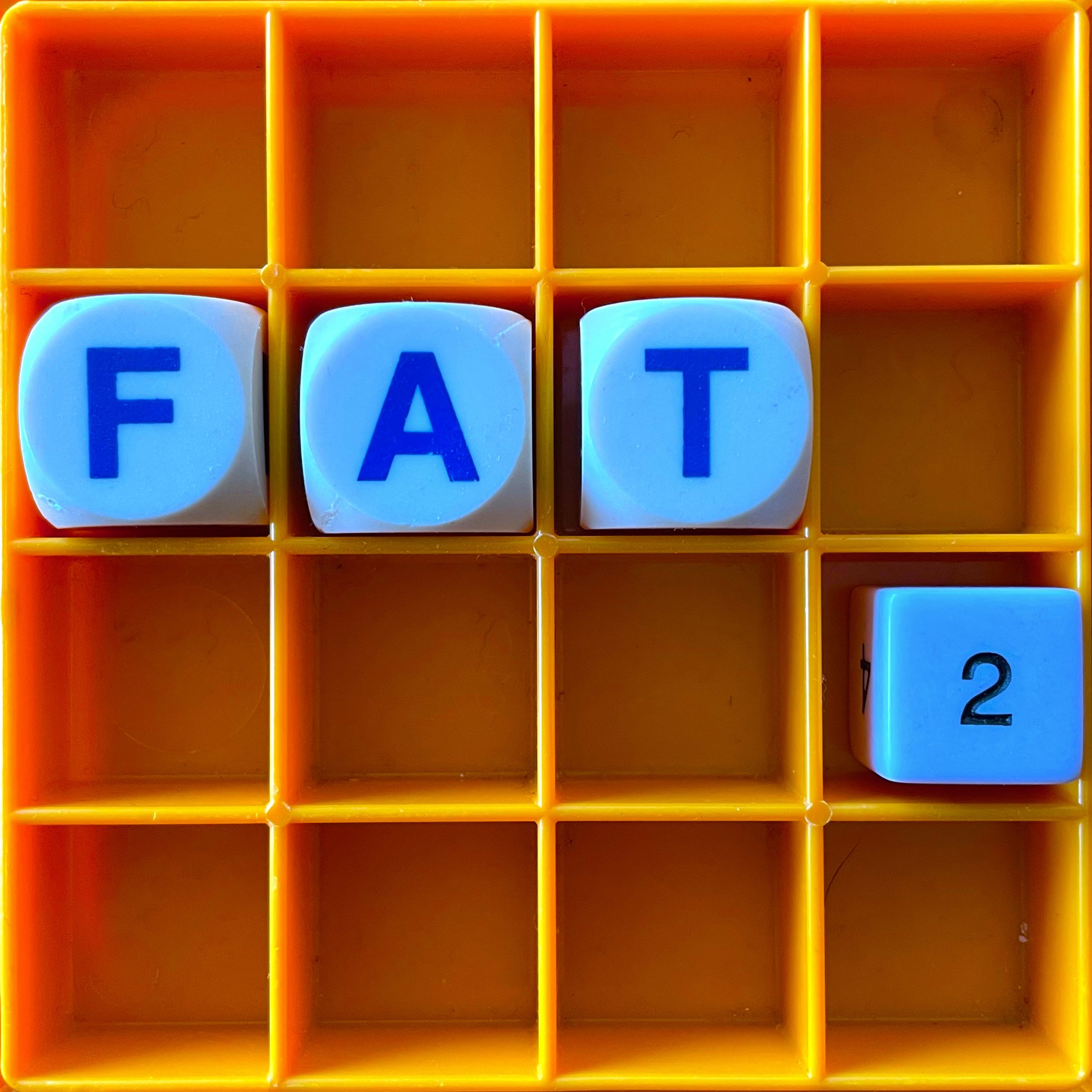MIRIAM FELTON: No; I think, as with most of these things, they're just named after people. The people themselves don't really have much association with it. Like the Earl of Cardigan didn't ever wear a cardigan as far as we know.
HZ: What? What?? I assumed that he was out there on the battlefields in a cardigan.
MIRIAM FELTON: Like a nice fair isle one with all the stranded colour work? That would have been awesome.
HZ: Just some kind of frontally divided knitted garment. But no?
MIRIAM FELTON: No.
HZ: What?!
MIRIAM FELTON: Not as far as we have any evidence.
Allusionist 177 Fat part 2 transcript
AUBREY GORDON: Our anti-fatness became a way to sublimate all of the sort of latent racism, classism, ableism, all of that kind of stuff, and just pin it on folks who we could convince ourselves, quote unquote, “did it to themselves” and therefore deserve whatever's coming to them. Which is sort of the attitude toward fat people: “If you really didn't wanna be treated this way, you'd just lose weight,” without any real recognition of what it takes to lose weight. Have you seen people diet? Have you dieted? If you have, you know it is not a straight line.
I think the other thing that feels really tricky about all of this is, aside from surgical methods - and even within some surgical methods - we do not know, scientifically, reliably, how to make fat people thin in the long term. And many physicians know that. Many insurers know that. And yet still the instruction is when you encounter a fat patient, you are in dereliction of duty if you don't tell that person that they're fat and they need to lose weight.
Allusionist 174 Eurovision part 1 transcript
The Eurovision Song Contest has given us the international renown of Celine Dion, Måneskin, Dana International, Conchita Wurst and Riverdance; tear-off skirts, nul points, shiny shiny costumes, a band of babushke dancing around an onstage bread oven; not to mention fraught politics, within and between nations. And most importantly for our purposes: linguistic intrigue! So much linguistic intrigue.
Read moreAllusionist 109. East West - transcript
ÉTIENNE ROEDER: There are some words that still exist. There are some expressions you could still tell that these people that the people come from the East or the West. For example, in the Western part, they say ‘Plastik’, and in the Eastern part, I would say they say ‘Plaste’ because there was a company in the East - there was actually just one company in the East that produced plastics and that was called Plaste und Elaste, and because of that, all the people would call plastics ‘Plaste’. And you you could still tell today if someone says ‘Plaste’ and instead of ‘Plastik’ that this person is probably from the Eastern part.
ESTHER-MIRIAM WAGNER: ‘Plastetüte’ - plastic bag. I mean I remember going to school with a plastic bag and being sent home because it was a West German bag. This was a very precious item - you would keep a ‘Plastetüte’ for months and you would reuse it and reuse it and reuse it until it was just tatters. That was a precious object.
MATTHIAS EINHOFF: My son, when he tries to identify if someone is coming from a West German or East German family, he asks them how they call the thing that you put your bathroom things in: East Germans say ‘Waschtasche’ and West Germans say ‘Kulturbeutel’. And that’s the ultimate identifier whether you come from a East or West German family.
Read moreAllusionist 81. Shark Week - transcript
HZ: There used to be a term ‘goatmilker’, it was a bird that was believed to suck milk from goats at night, but it was also slang for sex workers, and therefore slang for vulvas.
HRISHIKESH HIRWAY: Wow.
HZ: Licentious men were known as ‘goatmilkers’, because they were frequenting these sex workers in the 17th century when this word was around.
HRISHIKESH HIRWAY: Again, not enough poetry in that for me.
HZ: Too vulgar for you?
HRISHIKESH HIRWAY: Yes, for my delicate sensibilities.





